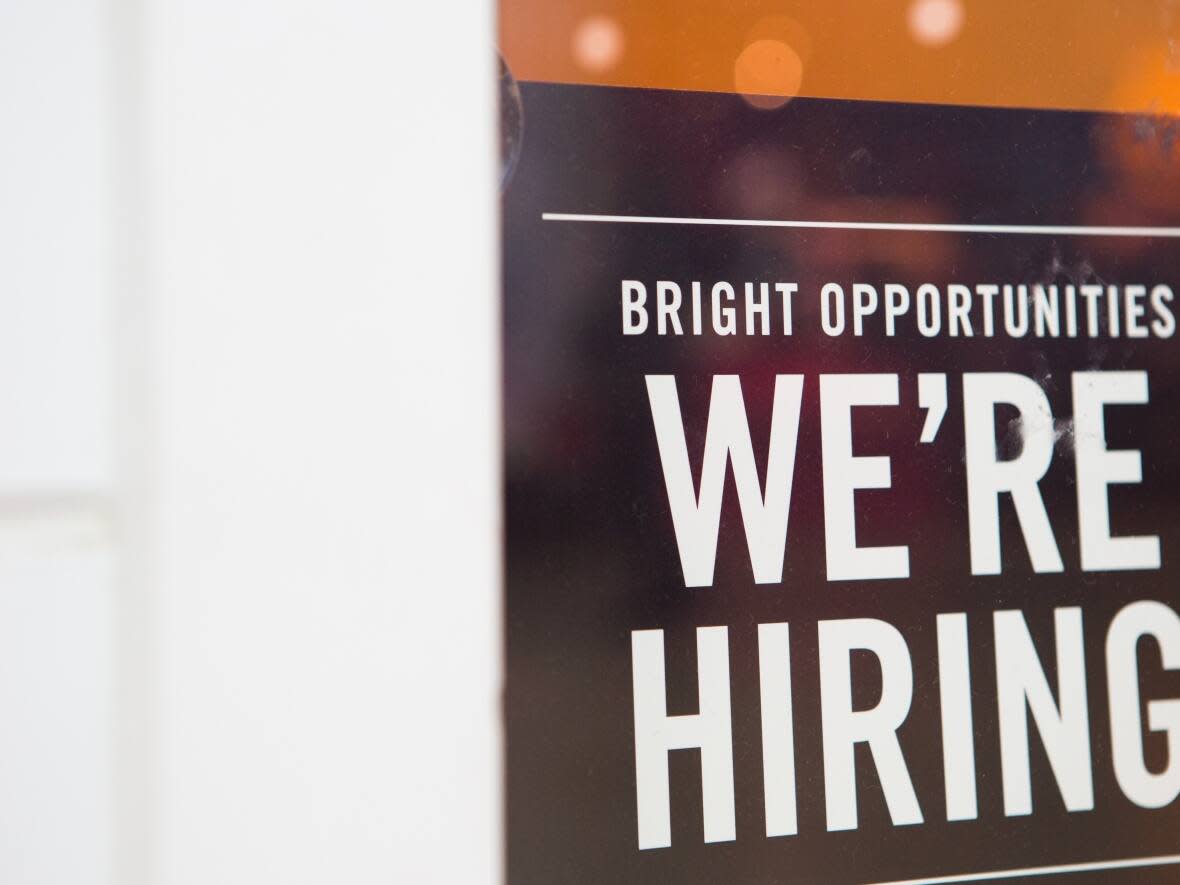Student union defends EI program in face of labour shortage complaints

The Greater Charlottetown Area Chamber of Commerce should be looking elsewhere to solve any labour shortage problems, rather than weakening access to employment insurance, says the UPEI Student Union.
Last month chamber president Bill DeBlois, testifying before a Senate committee on employment insurance, took the opportunity to discuss the Career Connect program, which allows qualified students to collect EI while attending classes.
"Because of this change it's harder to find students to fill part-time jobs," said DeBlois.
"We're facing a workforce shortage that is nearly unprecedented. We were experiencing job vacancies and challenges sourcing labour prior to the pandemic, and the problem has only grown since."
The chamber wants to see EI reviewed to ensure that it remains a safety net, he said.
Looking for hours
UPEI Student Union president Adam MacKenzie said EI is an important source of cash for students.
He also noted that the private sector, with a larger emphasis on shift work for students, is at a disadvantage as an employer.
"During the summer students are going to opt to work at places like Parks Canada or the government because they're guaranteed a certain amount of hours, and they can calculate if they'll be eligible for EI," said MacKenzie.
The coming end of changes made during the pandemic could make matters worse, he said.
In September people in Charlottetown will begin feeling the full impact of the 2014 division of P.E.I. into two EI zones again. That means people, including students, will require more hours of work in order to qualify for EI.


